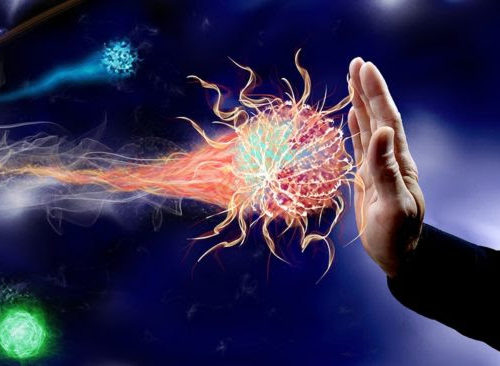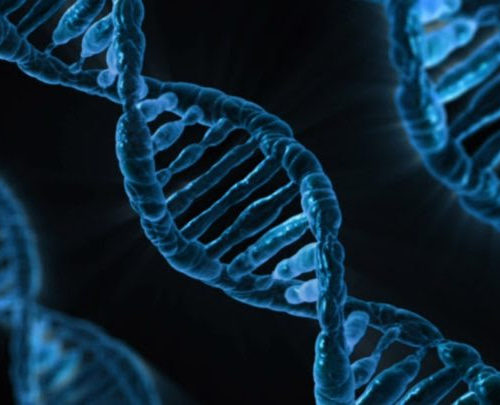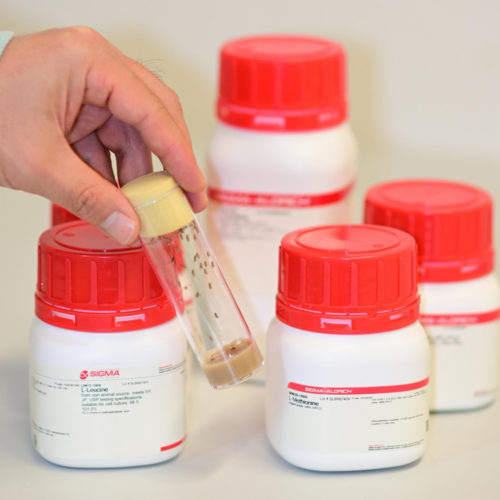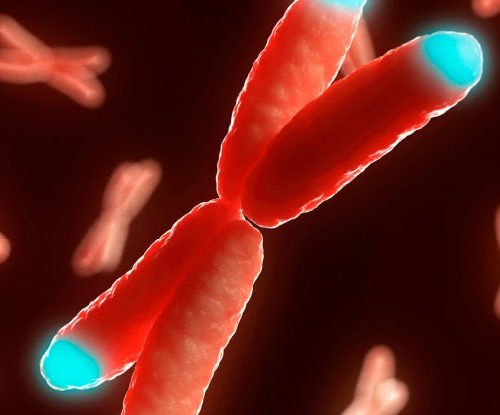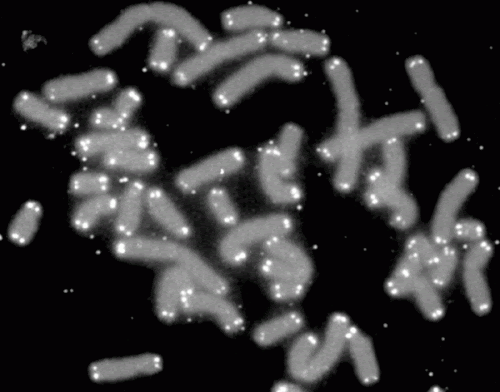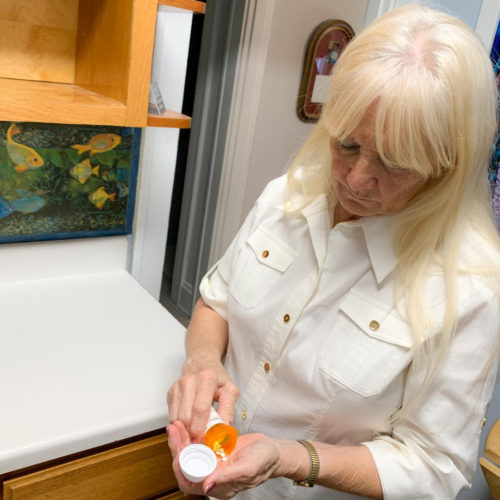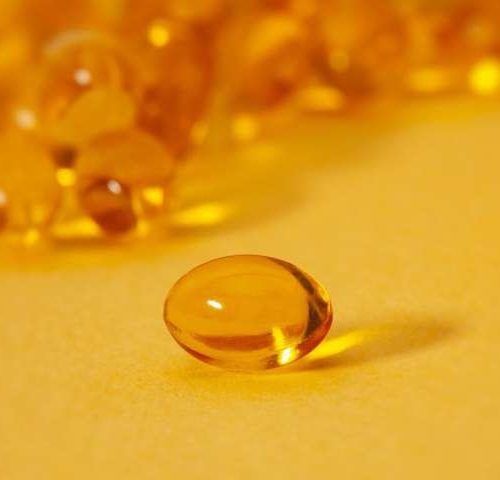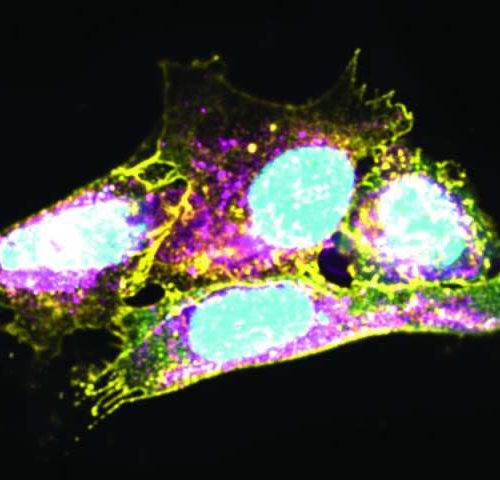By ALPHAMED PRESS; NOVEMBER 30, 2020 Cellular reprogramming can reverse the aging that leads to a decline in the activities and functions of mesenchymal stem/stromal cells (MSCs). This is something that scientists have known for a while. But what they had not figured out is which molecular mechanisms are responsible for this reversal. A study...
Category: <span>Anti-aging</span>
A Look at the Damage Done by Senescent T Cells in the Aged Immune System
Cells become senescent and cease replication in response to damage, a toxic environment, or reaching the Hayflick limit. Such cells near all self-destruct or are destroyed by the immune system. In later life, however, they begin to linger and accumulate. This is an issue, as the secretions of senescent cells are quite harmful when sustained over the long term, producing chronic...
Excessive Mitochondrial Point Mutations Do Not Lead to Obvious Metabolic Dysfunction
Every cell contains a herd of hundreds of mitochondria, organelles descended from ancient symbiotic bacteria. The primary purpose of mitochondria is to package the chemical energy store molecule adenosine triphosphate (ATP) that is needed to power cellular processes. Each mitochondrion contains one more copies of a small circular genome, the mitochondrial DNA. This mitochondrial DNA is unfortunately poorly protected and repaired in...
Sestrin makes fruit flies live longer
Researchers identify positive effector behind reduced food intake IMAGE: FRUIT FLIES IN A VIAL IN FRONT OF AMINO ACIDS. CREDIT: MPI F. BIOLOGY OF AGEING/ SEBASTIAN GRÖNKE AND YU-XUAN LU Reduced food intake, known as dietary restriction, leads to a longer lifespan in many animals and can improve health in humans. However, the molecular mechanisms...
Scientists Say They’ve Partially Reversed a Cellular Aging Process in Humans
MIKE MCRAE; 20 NOVEMBER 2020 Every time a cell inside your body replicates, a slither of your youth crumbles to dust. This occurs via the shortening of telomeres, structures that ‘cap’ the tips of our chromosomes. Now, scientists in Israel say they’ve been able to reverse this process and extend the length of telomeres in a...
Study finds hyperbaric oxygen treatments reverse aging process
by Tel Aviv University Human chromosomes (grey) capped by telomeres (white). A new study from Tel Aviv University (TAU) and the Shamir Medical Center in Israel indicates that hyperbaric oxygen treatments (HBOT) in healthy aging adults can stop the aging of blood cells and reverse the aging process. In the biological sense, the adults’ blood cells...
Suffering in silence: two-thirds of older adults say they won’t treat their depression
GENESIGHT MENTAL HEALTH MONITOR IMAGE: AFTER EXPERIENCING DEPRESSION, SAMI SMITH FOUND AN EFFECTIVE TREATMENT WITH THE HELP OF HER PSYCHIATRIST AND THE GENESIGHT TEST, A GENETIC TEST THAT CAN HELP DETERMINE HOW A PATIENT’S GENES MAY IMPACT THEIR OUTCOME WITH CERTAAIN MEDICATION BASED ON THEIR UNIQUE DNA. SALT LAKE CITY, November 16, 2020 – A...
Vitamin D and omega-3s bolster health in some active older people
by University of Zurich The DO-HEALTH study led by Zurich-based geriatrician Professor Heike Bischoff-Ferrari has examined the effects of simple measures on the health of healthy adults aged 70 or older. Initial analyses suggest that vitamin D, omega-3 fatty acids and strength-training exercises do not significantly improve bone health, leg function and memory. Nevertheless, certain groups...
Preventing frailty could delay or prevent dementia
Dementia is in the cards for many. It is a common typically age-related cognitive decline, which is a burden for the patients and their families. Dementia is an incurable condition and one of the most common causes of death as well. It is estimated that around 50 million people globally live with dementia, but who...
Genetic disposition protects immune system from aging
by University of Bonn Cells in which Creld1 was labeled with a yellow dye to show their localization in the cell. A genetic disposition that plays a role in the development of the heart in the embryo also appears to play a key role in the human immune system. This is shown by a recent study...


